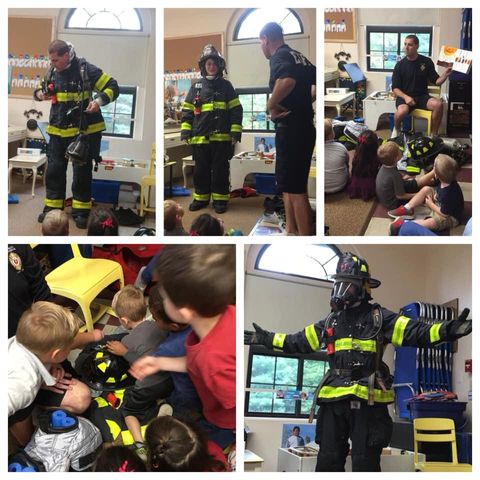5 Tips to Prepare Your Children for an Emergency

Early childhood education encompasses a variety of important topics, from language development to proper health and nutrition. It’s also crucial that young children learn what to do during emergencies. Here are a handful of tips for how to teach them to respond to these situations.
How to Prepare Children for Emergencies
1. Personal Information
Your child should know their first and last name and address. In case of an emergency, they should be able to share this information with a helping adult.
2. Know School Drills
Familiarize yourself with the emergency evacuation drills at your child’s school. Make sure the school is teaching your young ones how to leave the building and relocate to a safe area. Find out how often the school does fire drills, so you’ll know how much practice your child is getting.
3. Have a Home Evacuation Plan
It’s equally important for you to have a home evacuation plan in the event of an emergency. Walk your children through the exit route. If they feel warmth on doors or knobs along the way, let them know not to open them. Set up a safe area outside of your property for your children to meet you after evacuating.
4. Emphasize Safety in Public
If your child becomes separated from you in a park or shopping center, tell them to stay in a safe place near where they last saw you. Explain to your children that they should inform store employees or customers of your first and last name if they need help finding you.
5. Teach Them How to Dial 9-1-1
Children over the age of four should know how to dial 9-1-1 and potentially save a life. In the event of a fire, accident, or another emergency, instruct your children to find a safe place to call for the police, the fire department, or an ambulance.
If you’re looking for an early childhood education center that makes safety a priority, send your children to Northwest Children's Center in Cromwell, CT. They offer nursery, preschool, and kindergarten programs, including a full staff of qualified teachers. Call (860) 635-3485 to sign your children up for early childhood education classes, or visit them online to learn more about their commitment to child development.
About the Business
Have a question? Ask the experts!
Send your question

